In the summer of 2023, Greta Gerwig’s “Barbie” wasn’t just a film, it was an event. Fueled by the “I’m Just Ken” music video and the countless Barbenheimer memes, I, along with millions of others around the country, flocked to the nearest movie theater wearing my best pink finery. Thanks to a phenomenal script penned by Gerwig herself, each line served a purpose, every joke landed, and it all wrapped up in what I initially saw as a sarcastic yet poignant critique of patriarchy. The audience agreed, erupting into raucous cheers at nearly every scene. I left that day feeling optimistic that we were entering a new era of filmmaking, one where marginalized voices would finally get the respect they deserved, and I felt proud to have witnessed such a historic moment.
Watching “Barbie” again in a much emptier theater, I realized that was the point. We were so entranced by a big-budget blockbuster addressing patriarchy and feminism at all, that we failed to analyze what the film actually says about the topic. This is confirmed by an interview with Mattel’s executive producer on the film, Robbie Brenner, who says “Barbie” is “not a feminist movie.” To Gerwig’s credit, she does everything she can to make the film as empowering as possible, but it ultimately fails to overcome Mattel’s influence. Her deft wit and variety of comedic tools are twisted into the perfect vehicle to sell toys that directly benefit from the very system the film claims to dismantle.
The movie’s feminism falters from the very beginning, starting with our main character, the aptly named Stereotypical Barbie (Margot Robbie). She is everything one would expect: bleach blonde, conventionally attractive, and doused in pink. When she becomes plagued by thoughts of death and begins to develop cellulite, she discovers that these changes are caused by whoever is playing with her in the real world. She and Ken must find her real-life playmate and cheer them up so Barbie can “become pretty again.” This in itself is not a bad thing—it sets up how Barbie must grow more compassionate towards her body and emotions. One problem: She doesn’t.
Even when Barbie goes to the real world, where she is ogled, sexually assaulted, and almost killed by Mattel executives worried about the damage she will do to their brand now that she is free, she doesn’t change. When she returns to find that Ken has spread patriarchy throughout Barbieland, instead of fighting back, she collapses onto the floor, lamenting how she will never be pretty again, and moaning for a more leadership-focused Barbie to save her.
Gerwig tries to fight back against this sexist narrative through the use of Gloria, Barbie’s owner. This renders Barbie’s presence completely pointless. Who delivers the speech to snap the rest of the Barbies out of their brainwashing? Gloria. Who comes up with the plan to defeat the Kens? Gloria. Who advocates for the creation of a realistic Barbie, and tells Mattel that Stereotypical Barbie deserves to go to the real world? Gloria. Meanwhile, Barbie is relegated to a background character who is played for laughs when she uses complex phrases like cognitive dissonance and wants to go back to the real world to become a mother. Ordinarily, this characterization would make no sense. Why would Barbie want to join the real world after all she has experienced? Why would she want to become a mother when she has no experience with the concept of children or love in general?
Simple. Barbie is a brand. She must remain a static character, enforcing the negative stereotypes that Mattel uses to sell toys. She must be held to modern standards, motherly (to promote Mattel’s various mom models), and helpless in the face of patriarchy. Except, Mattel says, if she has a career.
This is exemplified by the other Barbies. So little attention has been paid to them that they are only referred to by their titles: President Barbie and Doctor Barbie, for example. These honorifics reduce them to walking adverts of Mattel’s workplace Barbie product line, bizarrely antithetical to the movie’s claim that Barbies deserve to be treated as real women. However, when considered through the lens of white feminism, this little inconsistency begins to make perfect sense. Mashable’s Shahed Ezaydi defines white feminism as “a type of feminism that focuses exclusively on white middle-class women and prioritizes issues that primarily affect them. The focus tends to be on equality and empowerment gained through capitalist means, for example, calling for an increase in the number of female CEOs.” White feminism is also notable for its ignorance of intersectionality, a prominent sociological idea introduced by civil rights lawyer and professor Kimberlé Crenshaw to “describe how race, class, gender, and other individual characteristics ‘intersect’ with one another and overlap.” The film is adamant that racism does not affect the world of Barbieland, but in doing so handily waves away the opportunity to facilitate a more nuanced discussion on the effects of patriarchy. Gloria, when giving a rousing speech to the rest of the Barbies, doesn’t acknowledge her status as part of the Latinx community, instead focusing on more general talking points like body image or the misconception that women are too emotional. Each marginalized Barbie is painted as a standard white woman, completely ignoring each of their unique experiences with patriarchy. As a disabled person, the one that stuck out to me was Disabled Barbie. When I saw her in that choreographed dance opening, I was overjoyed. I felt seen. Finally, someone like me was on the big screen! Upon rewatching, I realized that was her only scene. She had no lines. In fact, none of the minority Barbies had more than five. This is not representation. It’s manufactured.
There was only one character I could relate to: Ken. Ken feels invisible in his home world of Barbieland, so he tries to adopt a mask, in this case, patriarchy, in order to earn respect and recognition. He later abandons it after he realizes it doesn’t include the thing he truly wants (horses). I understand what it feels like to don a new persona in hopes of fitting in, but in the end, Ken and I aren’t the same: he is not disabled. He does not know what it’s like to exist in a world not physically built for you, having to prove your value to every stranger you meet. But Disabled Barbie knows. If only she could actually tell us.
Finally, the most publicly controversial aspect of the entire affair: the Oscars snubs. Margot Robbie was overlooked for Best Actress, as was Gerwig for Best Director. Ryan Gosling, for his part, gets to keep his nomination for Best Supporting Actor. I agree with the Margot Robbie decision, as she was, at best, the embodiment of a stereotype, but I feel Gosling should’ve been snubbed too. While he imbued a doll with a surprising amount of humanity, being the only one afforded a character arc because no one cares enough about Ken to actually buy him is not an outstanding achievement. However, I vehemently disagree with Gerwig’s demotion to Best Adapted Screenplay. Yes, her writing was funny, and the plot was mostly solid, but calling her “just a screenwriter” disregards everything else she brought to the table. It was Gerwig who helped the film get nominated for Best Production Design by ensuring the Barbie Dreamhouse was as realistic as possible. Gerwig brought Margot Robbie on to act and produce and left space for the musical numbers in her script. Without Gerwig, there is no Barbie, no Ken, no movie. Whatever the reason for Robbie and Gerwig’s snubs, it is clear that the impact of Barbie largely fell on deaf ears, proving a rather sobering fact; as long as we exist under patriarchy, patriarchy always wins.

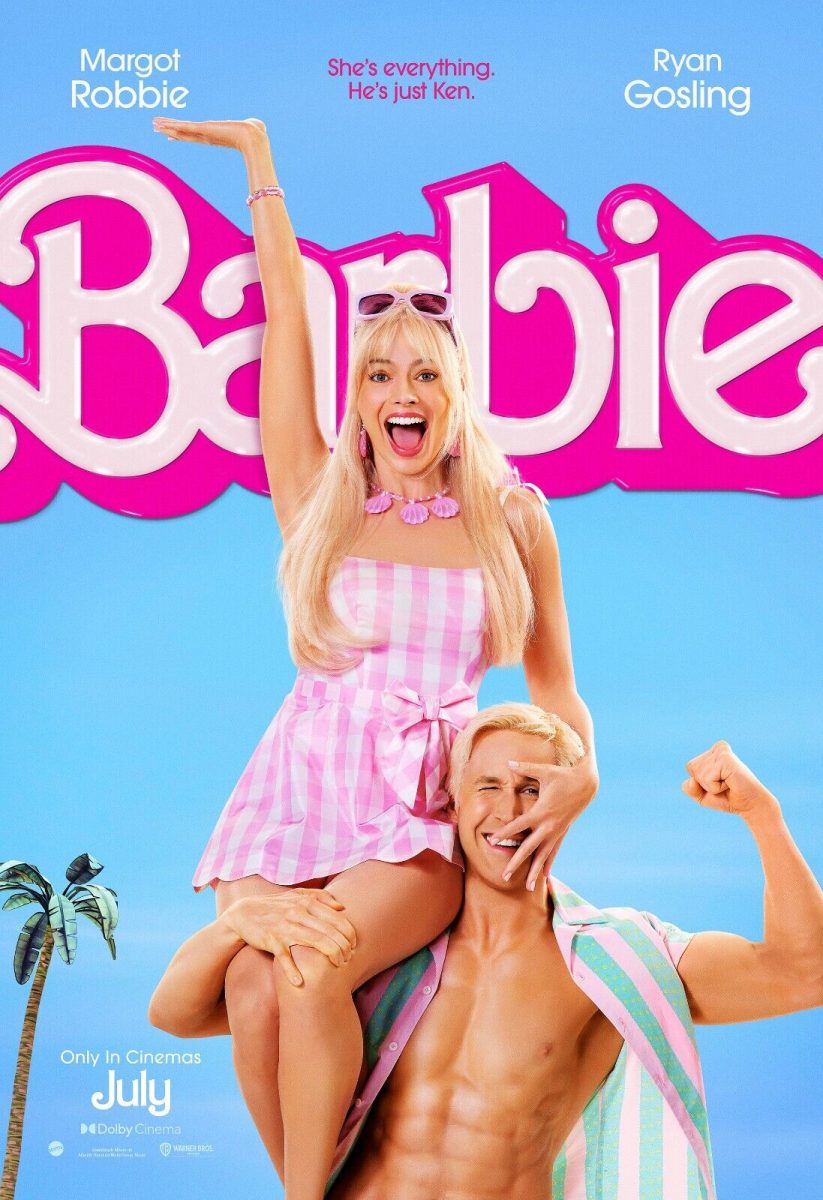

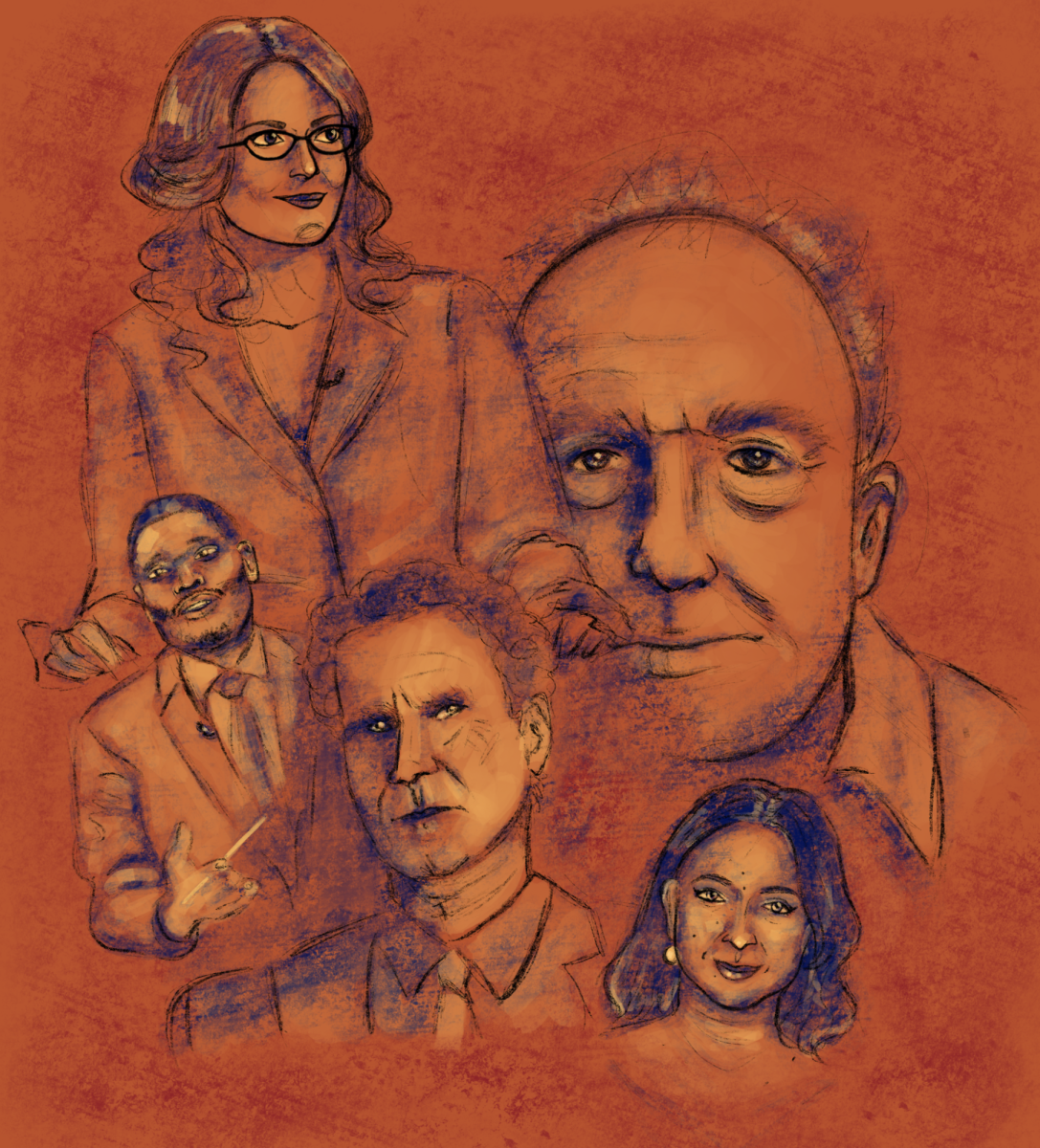
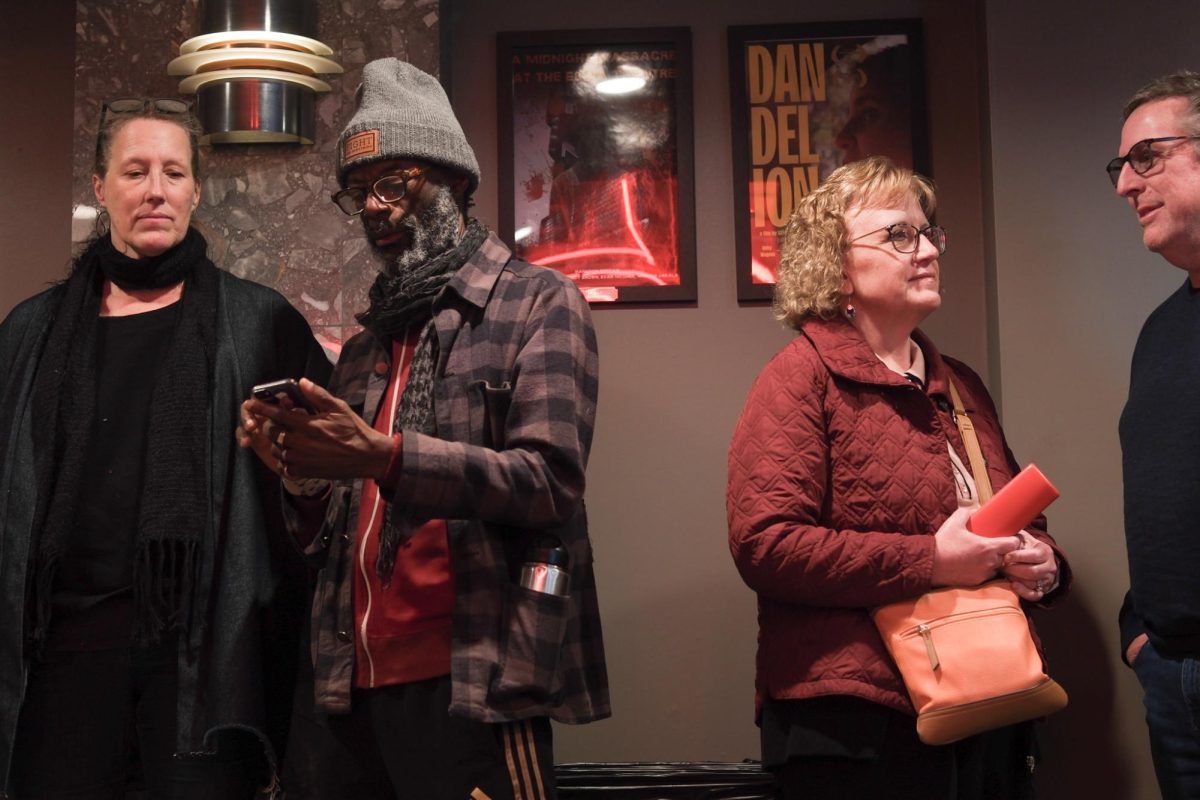

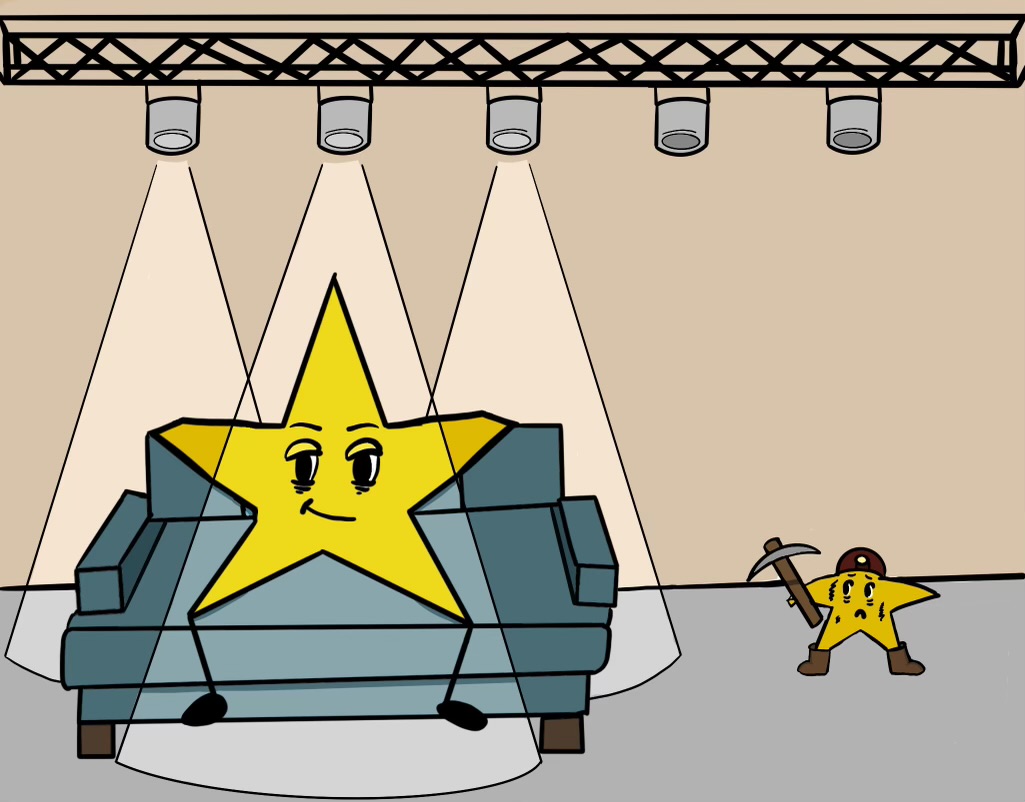




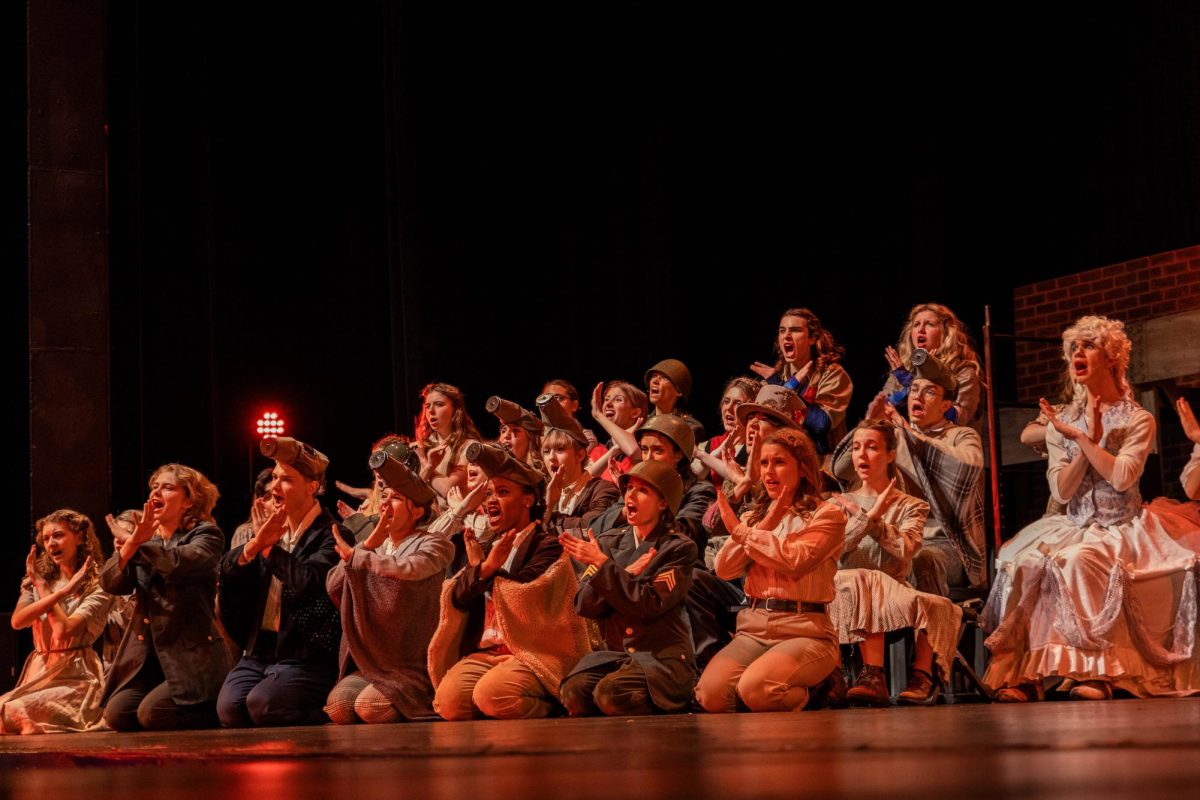

Anna Wise • Mar 28, 2024 at 10:06 pm
Great article. Author sees through the hype and into the messages. Baby step, steps nonetheless. It would get really interesting if Gerwig would push through and write another to dive deeper into what it means for women to build themselves as women and not just aspire to be another capitalistic toy (pun intended).
Check out French TV show Le Papotin based solely on the work of autistic people interviewing celebrities and showing neurotypical folks a compelling “fresh” take on life, art, and what it means to be human. People with different abilities must tell their own stories and are hopefully building more and more confidence to do so. True authenticity will always be universal.
First time reading the Zephyrus, color me impressed.